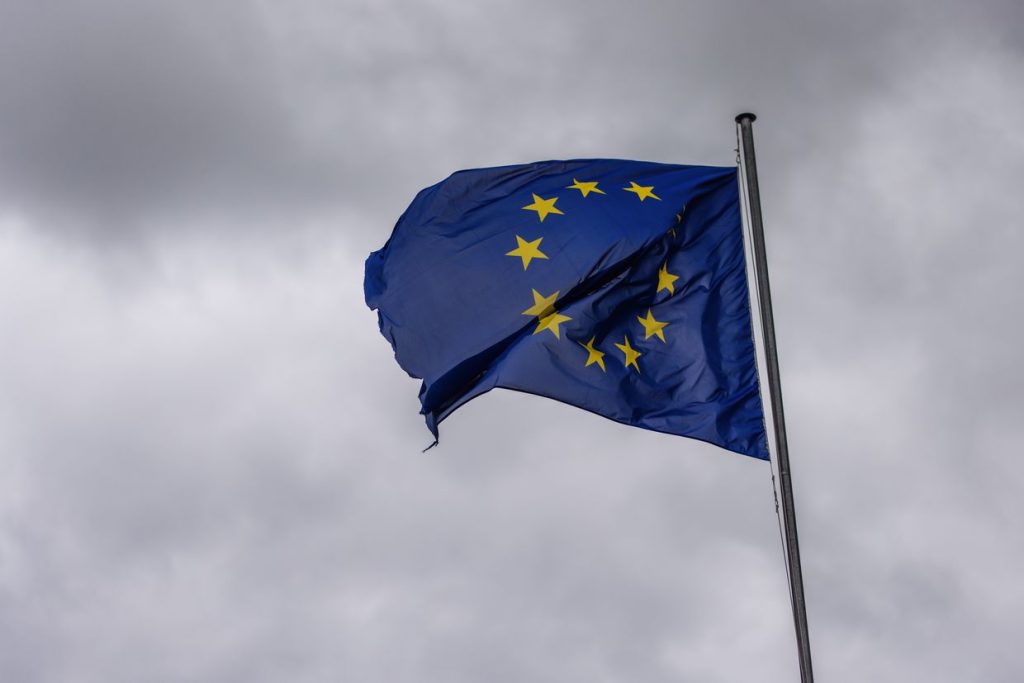Czech Minister for European Affairs Martín Dvořák, along with eleven other EU member states, has urged the Belgian Presidency of the Council of the European Union to advance accession negotiations with Ukraine and Moldova. Dvořák emphasized the importance of gradually integrating the two countries into EU policies and programs. The letter calls for the EU Council to approve negotiating frameworks by June, to enable intergovernmental conferences with both countries by the end of the month. Belgian Foreign Minister Hadja Lahbib expressed commitment to beginning Ukraine’s EU accession negotiations before the end of Belgium’s presidency.
The European Parliament President Roberta Metsola highlighted the urgency of making necessary decisions before the Hungarian presidency takes over on July 1, as Hungary has opposed Ukraine’s accession to NATO and the EU, as well as sanctions on Russia. Sources have suggested that there is “no appetite” in the EU for allowing Hungarian diplomat Oliver Varhelyi to keep his position as the European Commissioner for Neighborhood and Enlargement in the forthcoming composition of the commission. Various EU member states, including Sweden, Finland, Lithuania, Germany, Poland, Portugal, Romania, Slovenia, Estonia, Latvia, and Slovakia, have voiced support for moving forward with the accession negotiations for Ukraine and Moldova.
The push for advancing the accession negotiations comes at a time when Ukraine faces ongoing challenges, including the full-scale invasion by Russia in 2022. Hungary’s opposition to Ukraine’s accession to NATO and the EU, as well as its stance on sanctions against Russia, has created obstacles within the EU. The Czech Minister for European Affairs and other supporting EU member states are hoping to make progress in integrating Ukraine and Moldova into the EU through concrete steps and decisions. The effort to align the two countries with EU policies and programs is seen as a crucial step towards their eventual membership in the European Union.
The support for Ukraine and Moldova’s EU accession negotiations reflects a broader effort within the EU to strengthen ties with Eastern European countries and expand the union’s influence in the region. By advocating for the approval of negotiating frameworks and intergovernmental conferences, the participating EU member states are signaling their commitment to furthering the integration process for Ukraine and Moldova. As discussions unfold within the EU and decisions are made regarding the accession negotiations, the role of key stakeholders such as the Belgian Presidency and the European Parliament President will be instrumental in shaping the future of Ukraine and Moldova’s relationship with the European Union.
Overall, the call to advance accession negotiations with Ukraine and Moldova underlines the strategic importance of Eastern European countries in the EU’s broader geopolitical agenda. The support from multiple EU member states for integrating Ukraine and Moldova into the union reflects a consensus on the need to enhance cooperation and strengthen ties with countries in the region. As the EU navigates complex geopolitical challenges, such as Russia’s aggression towards Ukraine and Hungary’s opposition to certain policies, the push for Ukraine and Moldova’s accession negotiations demonstrates a commitment to advancing the EU’s interests and values in Eastern Europe. By working together to facilitate the integration process for Ukraine and Moldova, the EU member states involved are aiming to reinforce the union’s presence and influence in the region.


